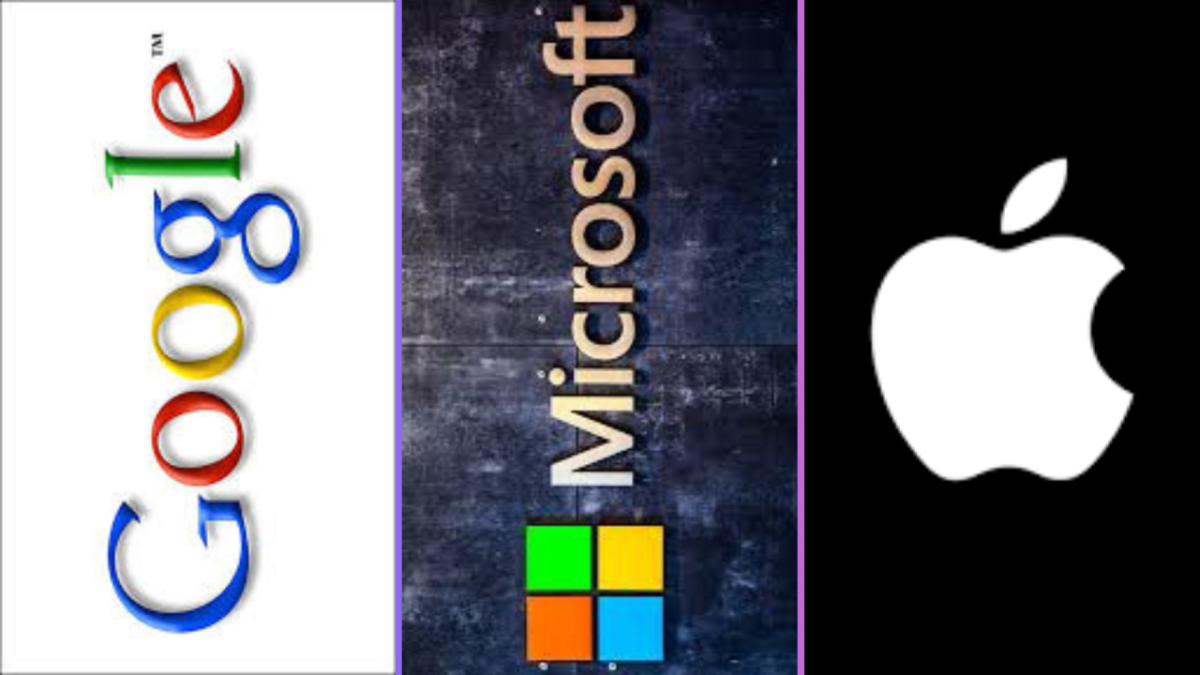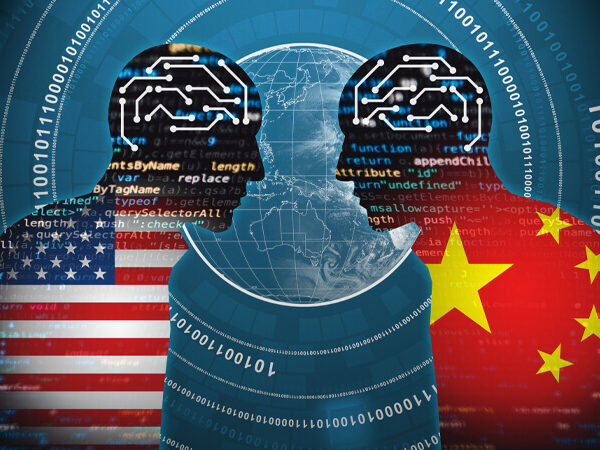In 2025, the technology sector is witnessing intensified competition among industry giants Apple, Google, and Microsoft. Each company is leveraging its unique strengths in corporate strategy, artificial intelligence (AI) adoption, and hardware innovation to assert leadership in the market.
Corporate Strategies
Apple: In a bold move, Apple has announced a $500 billion investment plan over the next four years, focusing on domestic projects to enhance its AI capabilities and manufacturing footprint. This initiative includes the establishment of a 250,000-square-foot manufacturing facility in Texas dedicated to producing AI servers, as well as the creation of approximately 20,000 research and development jobs across the United States. This strategy underscores Apple’s commitment to strengthening its supply chain resilience and expanding its technological infrastructure.
Google: Under CEO Sundar Pichai, Google is intensifying its focus on AI-driven innovation. The company plans to increase its capital expenditures to $75 billion in 2025, primarily allocated toward AI data centers and infrastructure. This investment aims to support the expansion of Google’s Gemini AI, which is expected to power various products and services, including search enhancements and personal assistants. Google’s strategy reflects its determination to maintain a competitive edge in the AI landscape.
Microsoft: Microsoft continues to integrate AI across its product suite, with significant investments in cloud computing and AI infrastructure. The company has allocated $80 billion for AI data centers in the current fiscal year, reflecting its commitment to scaling AI solutions for enterprise clients. Microsoft’s approach emphasizes the development of scalable AI strategies tailored to organizational needs, positioning itself as a leader in AI adoption and implementation.
AI Adoption
All three tech giants are embedding AI into their ecosystems, albeit with distinct approaches:
- Apple: Emphasizes user privacy and seamless hardware-software integration in its AI initiatives. The company’s AI strategy is designed to enhance user experiences while maintaining strict data privacy standards.
- Google: Focuses on developing advanced AI models like Gemini, aiming to integrate them deeply into its services to enhance functionality and user engagement.
- Microsoft: Prioritizes providing AI solutions that are scalable and customizable, catering to a wide range of business applications and fostering AI readiness among enterprises.
Hardware Innovation
In the realm of hardware, these companies are making significant strides:
- Apple: Plans to open a manufacturing facility in Texas dedicated to producing AI servers, supporting its AI product, Apple Intelligence, and its Private Cloud Compute initiative.
- Google: Developing Android XR, an extended reality operating system set to launch in 2025 on devices like Samsung’s Moohan headset and Google’s own smartglasses. This initiative highlights Google’s commitment to advancing AR technologies.
- Microsoft: Investing heavily in AI infrastructure, with plans to spend $80 billion on AI data centers, underscoring its focus on enhancing cloud services and AI capabilities.
Apple, Google, and Microsoft are each pursuing aggressive strategies in corporate development, AI integration, and hardware innovation. While it’s challenging to declare a definitive leader, Apple’s substantial financial commitment, Google’s AI-centric approach, and Microsoft’s expansive infrastructure investments collectively drive the tech industry’s evolution.




